You guys may already be aware that the soap found in your local store isn’t the best for your skin. They typically contain chemical emulsifiers and surfactants, sodium laurel sulfate, and sugar tensides that strip our skin’s natural lipid layer and disrupt its PH.
Simply put, soap cleansers are too harsh for sensitive acne prone skin.
Soap Alternatives for Cleansing the Skin
Thankfully, there are many soap alternatives for cleansing the skin without negatively affecting its protective barrier. The ingredients are fun to play around with and mix and match to suit what your skin needs. To me they feel like an everyday spa treatment and who doesn’t love those!?
Many of the alternative cleansers below are inexpensive and generally pretty easy to find. They’re healthy for your skin AND they don’t harm the environment like soaps do so it’s a win win!
Also, none of the cleansers will make your skin feel stripped and squeaky. That’s a characteristic of commercial and many natural cleansers that is NOT good for acne prone skin. If your cleanser gives you that squeaky feeling, it’s definitely not doing you any favors, especially if you’re trying to battle overactive oily skin.
Using natural ingredients will clean your skin without disrupting it and will not provoke further acne breakouts. Of course, using soap alternatives for cleansing the skin won’t cure acne by itself, but it will improve your skin’s overall texture and appearance since you won’t be putting harsh chemicals on it anymore. That is definitely a step in the right direction for clearing your skin.
The Most Effective Soap Alternatives for Acne Prone Skin
Clays
Clays are amazing for absorbing impurities straight from the pores. They also calm redness and inflammation making them a perfect choice for acne sufferers.
There are many different types of clay and each has their own unique properties.
The clays I use most often are:
• Bentonite clay
• French green clay
• Kaolin clay
• Rhassoul/Moroccan clay
You can mix these with pure water, rose water and other herbal hydrosols, kefir, yogurt, raw apple cider vinegar, and tea to give them an extra healing boost. However, if you do plan on mixing it up, try one thing at a time first to see what works best for your needs. Mixing too many ingredients together may cause irritation for sensitive skin types.
The Best Clays for Oily Skin
All of the above clays are great for oily skin types, but if you’re really looking for some bang to your buck, try out bentonite clay. This type of clay is suuuper strong and will suck out every bit of extra oil. However, since it is so strong, you may want to only use it as a mask once a week. You can literally feel you blood pumping through your face while using bentonite clay. I highly recommend adding a little raw apple cider vinegar and water together to mix into this clay for extra detoxing effects.
Read more about the amazing properties of bentonite clay here.
Sensitive Skin
Sensitive skin types need a clay that is gentle and kaolin clay fits the bill perfectly. It’s mild yet still works effectively against oil and impurities. If you suffer from a lot of blackheads, be sure to also check out rhassoul clay.
Read more about kaolin clay here and rhassoul clay here.
Dry Skin
To help combat dry flaky skin while using clay, try adding Manuka Honey to the mix. Honey itself has amazing moisturizing and plumping properties that help restore hydration to the skin. Manuka honey is particular is great for combating acne because it contains extra anti-bacterial benefits similar to tea tree essential oil.
I recommend using rhassoul clay, French green clay, or kaolin clay for dry skin types.
Read more about French green clay here.
Full Fat Yogurt and Kefir
Just because you may not be able to eat dairy anymore, doesn’t mean you can’t use it in your skin care. In fact, dairy is incredibly beneficial for the skin because it dissolves excess oil and dead skin cells.
For those with dry skin, opt for kefir instead because of its high lactic acid content. This will slough off dead skin cells and revitalize dry tired skin.
Oil and a Cotton Round
This one is really simple and is especially good for removing make-up, dirt, grime, and excess oil from the skin without stripping it dry.
Simply choose your favorite carrier oil (you can read more about the best oil for your skin type), and add a few drops of it to a cotton round.
You can even wet the round with rose water or tea first to add a bit more moisture to the skin if you need it.
To Use: Simply swipe the cotton round on your face (gently and without scrubbing) to remove impurities and then splash with water.
Mashed Fruit and Vegetables
Certain fruits and vegetables have enzymes that deep clean the pores when used as an alternative soap or a mask on the skin.
Some of my favorites include:
• Avocado
• Bananas
• Cucumber
• Lemon (diluted with rose water on a cotton round)
• Mangoes
• Papaya
• Pumpkin (cooked)
• Strawberries
• Tomatoes
Using these on the skin will help remove dead skin cells and breakup sebum stuck in the pores. Feel free to use the simple recipes below as a wash or as a mask that can be used a few times a week by leaving on the fruit for 10-15 minutes. You can also read more about amazing fruit masks here.
Oily Skin
1. Cucumber Juice Cleanser
This is a great cleanser to use during the hot summer months as it helps hydrate and soothe skin that’s seen too much sun. It softens and cleanses and is suitable for sensitive skin types.
To Use:
Juice a cucumber and put it in a small sealable dish to keep in the fridge (otherwise it will go bad!). Next, dip a clean cotton round into the juice and gently wipe you face with it to cleanse.
2. Papaya
This is one of my favorite cleansers for combating blackheads. Papaya is rich in carotenoids, b vitamins, vitamin c, minerals, and skin cleansing enzymes that slough off dead skin, break up blackheads, and revitalizes the complexion.
To Use:
Blend up some fresh ripe papaya (it doesn’t matter what variety) and put it in a sealable container to keep in the fridge. Add some Manuka Honey to the mix for some extra acne fighting oomf. Next, apply it with a cotton round in an even layer on the face. Leave on for 15-20 minutes, then rinse with cool water. You can even just rub a fresh slice of the fruit on your face if it’s easier! Be sure to check out my post on how papaya can heal your dry, blotchy, acne prone skin.
3. Lemon Juice and Green Tea
This is a very strong fruit to use for cleansing the skin. Lemon exfoliates, brightens, and tightens the skin. Green tea is known to help control oil production and helps balance the skin’s natural PH.
To Use:
Steep some green tea, let it cool, and then squeeze a wedge of lemon into it. Keep the lemon green tea in a sealable container in the fridge to keep it fresh.
To Use:
Apply the tea with a cotton round twice daily. Be sure to rinse thoroughly as lemon has photosensitive effects.
4. Lemon and Manuka Honey
This one is really great for treating oily hyperpigmented skin. The lemon brightens dark spots and the Manuka Honey kills acne causing bacteria and smoothes the skin. if you have a lot of issues with dark skin spots, check out how to get rid of hyperpigmentation without going to the dermatologist.
To Use:
Mix a few drops of fresh lemon juice with ½-1 teaspoon of Manuka Honey. Apply to the skin in an even layer and leave on for 10 minutes. This mask can sting, so if it is uncomfortable rinse it off and lower the amount of lemon the next time you use this cleanser.
5. Mashed Bananas
This one doesn’t save well in the fridge or anywhere for that matter. However, if you eat bananas daily, it would be worth using a small amount mashed up as a face wash. Bananas are astringent and are therefore good at removing excess oil and tightening the pores. This one is great for sensitive skin types.
To Use:
Mash up 1 TB worth of fresh banana and massage it into the skin thoroughly. Rinse with cool water.
6. Fresh Mango
Mangoes can be used in the same way as papaya. Mash it up and apply it to the skin as a mask or massage the face to use it as a cleanser.
Dry Skin
Hands down the best cleanser to use for dry skin types is mashed up avocado because of its moisturizing properties. It helps remove dirt and oil while smoothing out and nourishing rough dry skin.
The Oil Cleansing Method
If you haven’t jumped the on OCM bandwagon yet you may want to consider it! Many acne sufferers, myself included, have had some pretty stellar results. The key is to find an oil your skin loves! This is also known as a “holy grail” oil and everyone’s will be different depending on their skin type.
To find out which oil is best for your skin type, check out this post on the topic. I have also compiled a rather extensive list of oils and their comedogenic ratings. It’s a must read for those looking to see if an oil they’re interested in is safe to use for their skin type. Be sure to check it out!
You can also learn about how to do the Oil Cleansing Method here.
Raw Honey
Using honey as a soap alternative is a great way to keep your skin calm and blemish free. Honey in and of itself is anti-bacterial in nature, but if you amp it up by using a Manuka Honey (preferably UMF 12+), acne causing bacteria have an even tougher time creating new breakouts.
Manuka Honey comes from a shrub that’s related to Tea Tree and has similar anti-bacterial, anti-fungal, and anti-inflammatory properties. Everyone knows how amazing tea tree essential oil is for acne, think of Manuka Honey as the face wash version you can use on your whole face every day.
To Use:
Keep a small jar of Manuka honey near your bathroom sink for easy use. Before even wetting your face, scoop out a small amount of honey with clean DRY hands, a spoon, or a small spatula, and massage it gently into dry skin. Once it is spread evenly, leave it on as a mask for as long as possible. Sometimes I do a bit of housework or watch something on TV, the key is to leave this on for at least 15-20 minutes. This ensures that the honey is killing any acne causing bacteria on the surface of your skin and in the pores.
After you have waited a while, you can either jump in the shower as usual or simply rinse it off over the sink with cool or luke-warm water.
What have been your favorite soap alternatives for cleansing the skin? please share below!
Also be sure to check out these related posts:
How to Make Your Own Manuka Honey
Is Manuka Honey Better Than Benzoyl Peroxide?
The Enhanced Oil Cleansing Method
Hemp Seed Oil- The New Holy Grail Acne Treatment?
A Green Alternative to Toxic Soap
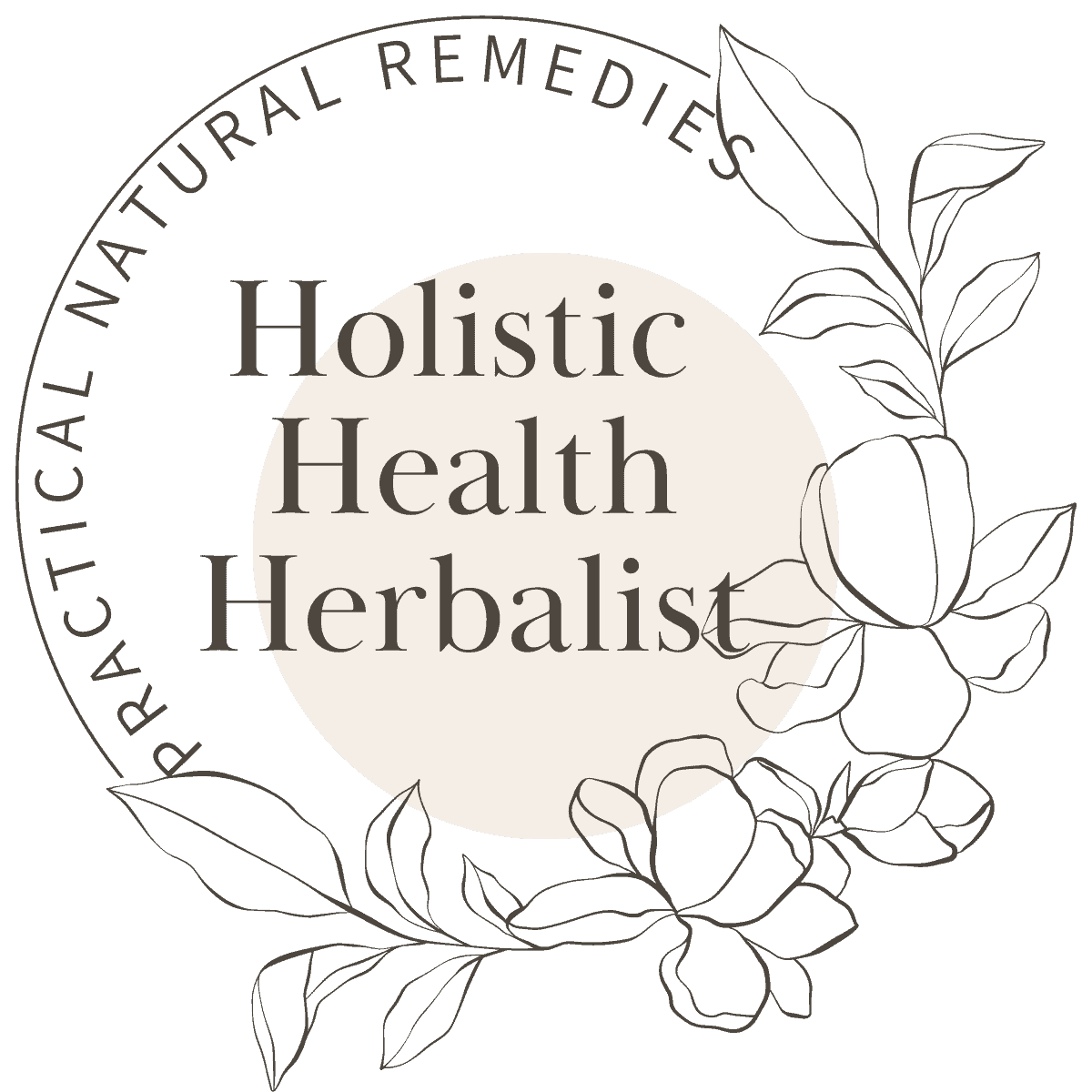

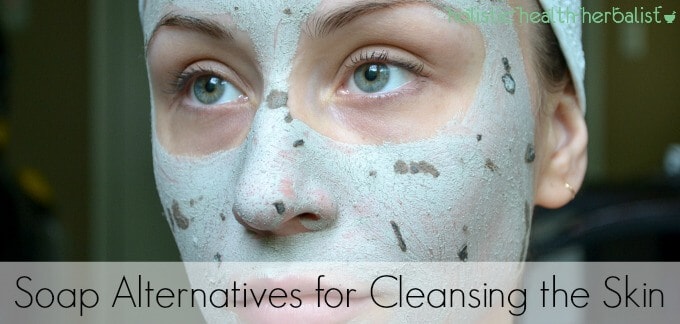
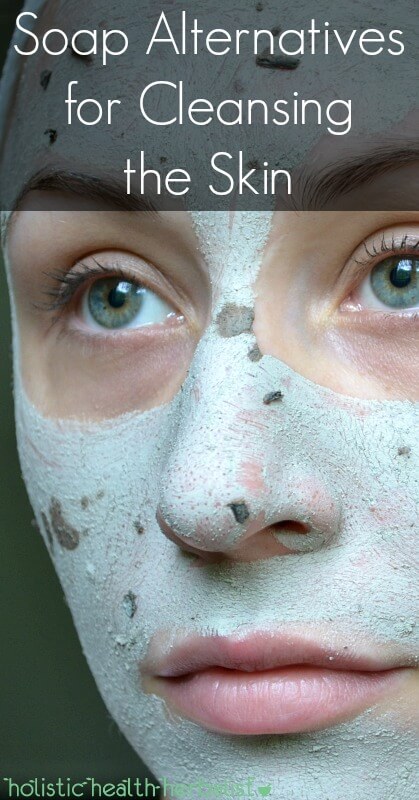
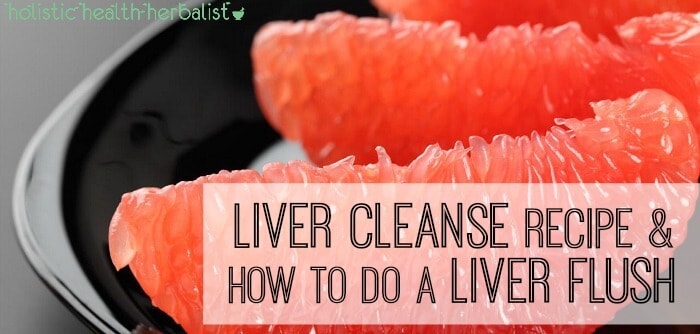

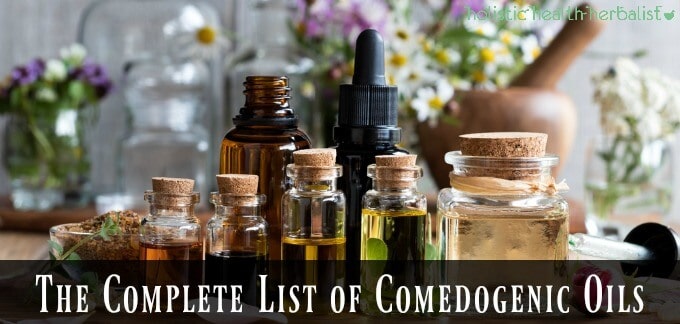
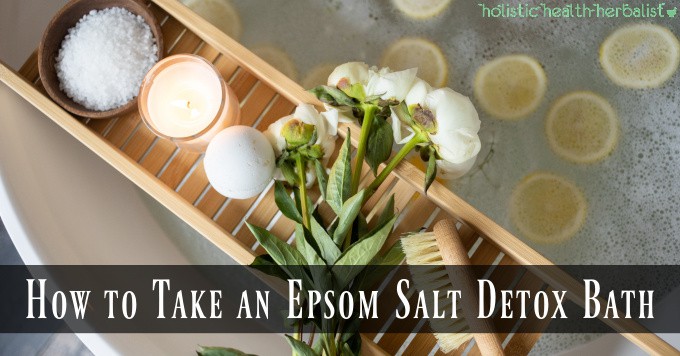
Monica says
Love your articles! I recently decided to add hemp oil to my skin care routine and I can honestly say that I LOVE IT.
I have a few questions or maybe just a question. What do you think of african black soap? I just started using it about a couple of weeks ago, and I have noticed in some changes in my acne. But i also started to develop some dry skin below my eyebrows. Should I just avoid washing that area and just apply rosehip oil and aloe vera?
Tash says
Hi Monica!
African Black Soap is awesome! I actually really love it but it can be a bit drying on more delicate areas like near the eyes. I would avoid using it on that area. If you need to remove makeup, I actually really like using microfiber rounds like these. They work really well and clean the skin very nicely.
Tanya says
This is just what I was looking for! I've tried the caveman regimen and it didn't work out for me so I wanted to find something else. This is perfect 🙂
Tash says
Great! Let me know how it works out for you 🙂